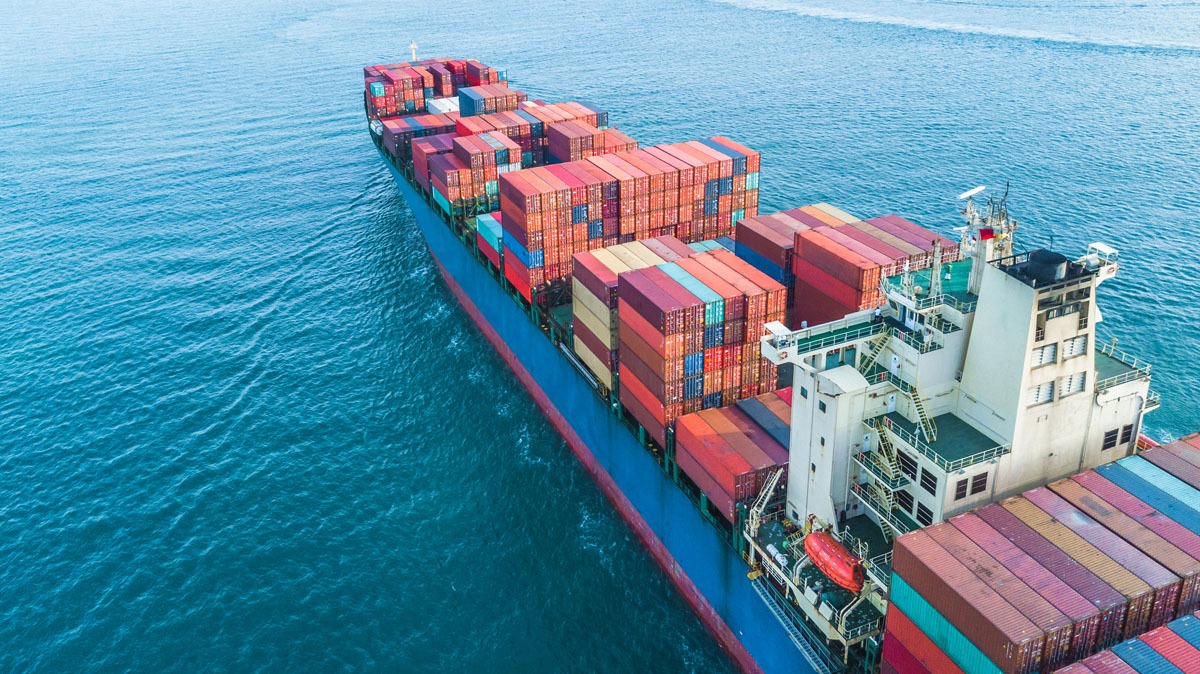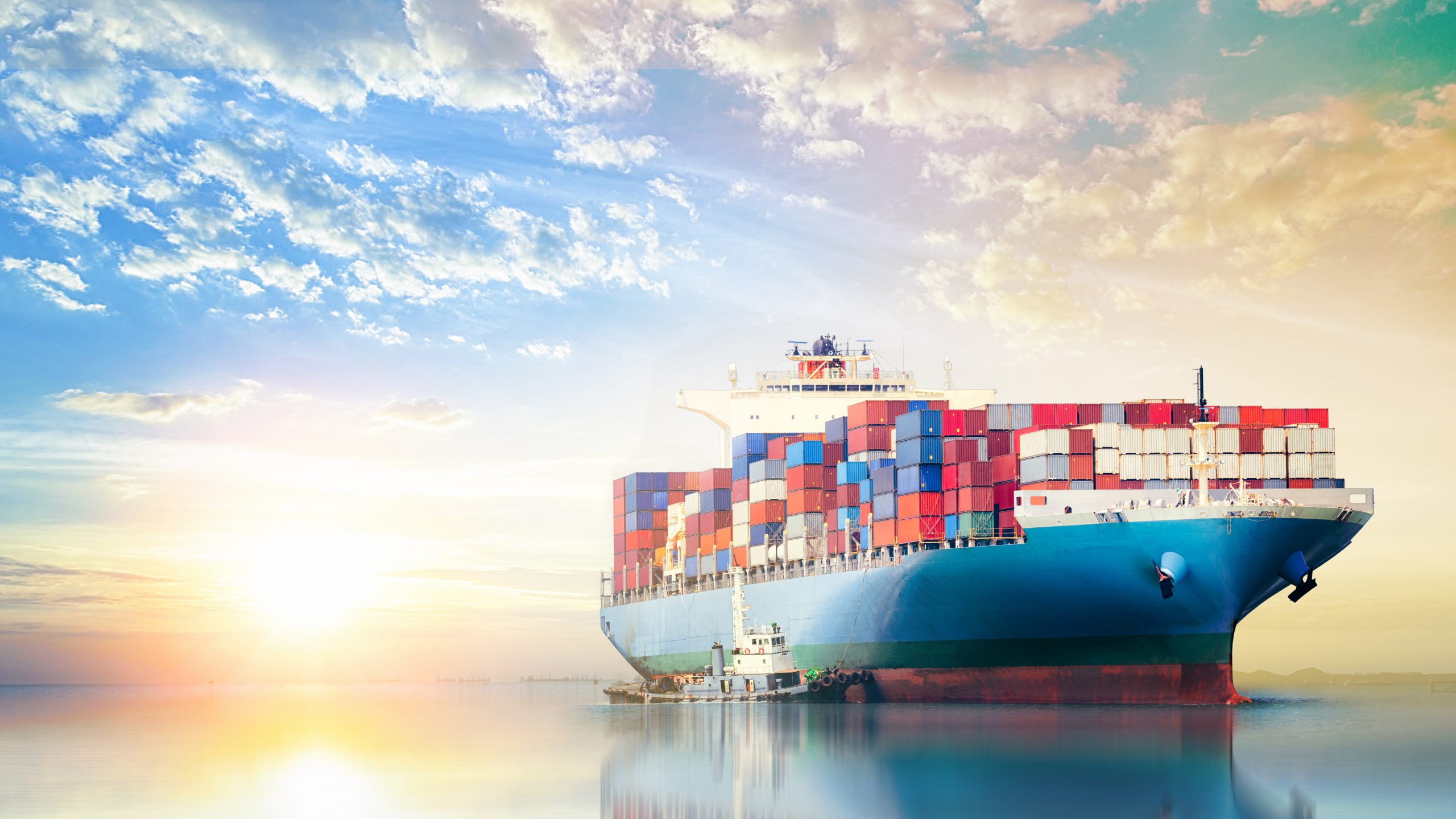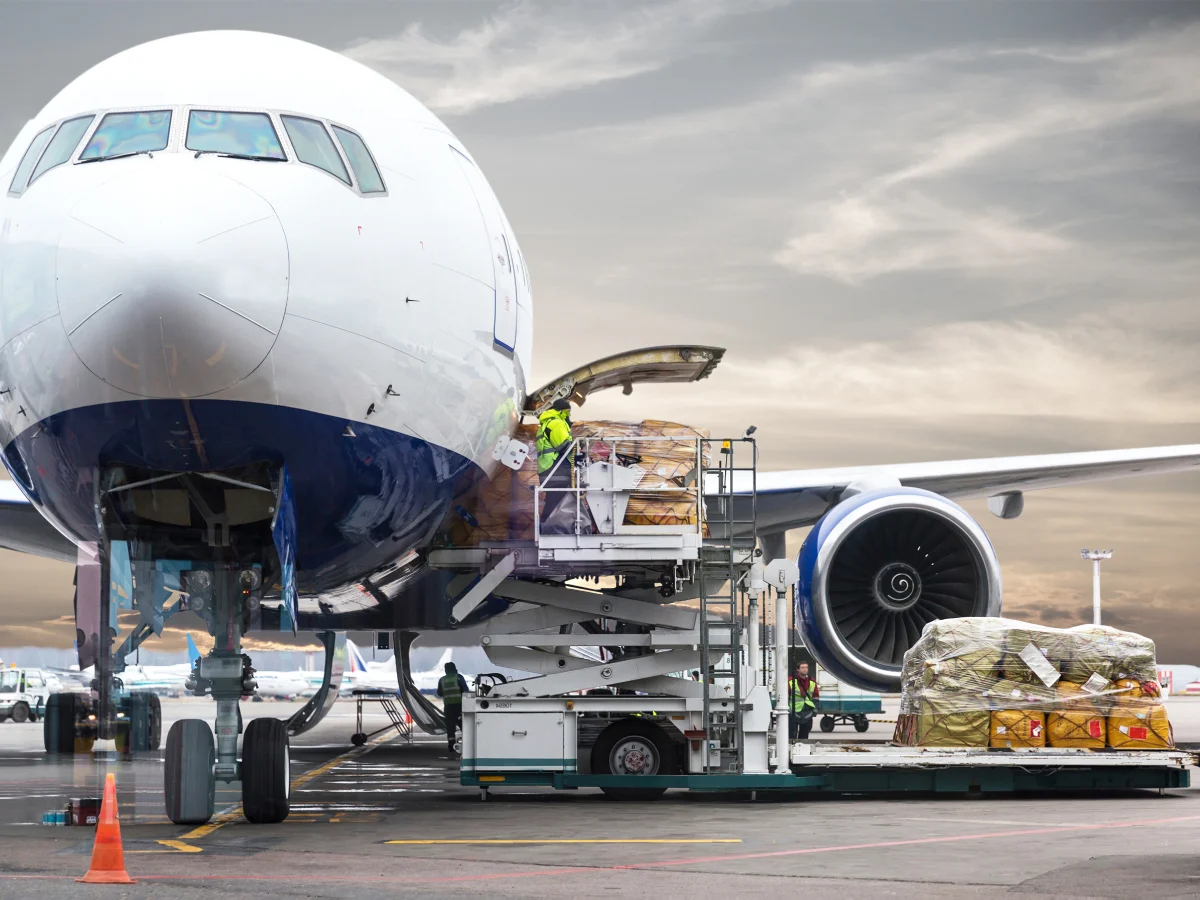How does international cargo shipping deal with cargo classification issues?
In international freight shipping, the classification of goods has always been a key link in logistics management. However, with the continuous development of technology, intelligent solutions are gradually changing this aspect. This article will provide an in-depth analysis of how to use intelligent technology to provide more intelligent and efficient solutions to cargo classification problems in international freight shipping.
1. Intelligent classification system: helping international cargo shipping to be more efficient
Entering a new era of intelligent classification systems, through the introduction of artificial intelligence technology, companies can quickly and accurately classify massive amounts of goods. This system can learn and identify the characteristics of various commodities. Combined with the HS code of international freight shipping, it greatly improves the accuracy and efficiency of classification and helps international freight shipping operate more efficiently.
2. The perfect combination of HS coding and intelligent system: unified language is more accurate
The perfect combination of intelligent classification system and HS coding provides a unified language for international freight shipping. This language is not only universally used around the world, but the intelligent system can accurately identify and apply HS codes, making cargo classification more accurate, effectively coping with the variability of international regulations, and reducing the risk of misclassification.

3. Collaboration of professional team and intelligent technology: providing all-round services
When dealing with cargo classification issues, companies can rely on the collaborative work of professional teams and intelligent technology. Professional teams can handle complex goods that are difficult to accurately classify by intelligent systems, while intelligent technology can handle large-scale, relatively simple classification tasks. The two work together to provide enterprises with comprehensive and efficient cargo classification services.
4. Intelligent data analysis: insight into potential problems and optimization space
Intelligent solutions can not only achieve accurate classification of goods, but also provide insight into potential problems and optimization space through intelligent analysis of historical classification data. Enterprises can use this data to continuously optimize operational processes, improve classification accuracy, and adjust strategies in a timely manner to adapt to the changing international trade environment.

5. Scalability of smart technology: adapting to changing international trade environment
The scalability of smart technology enables it to flexibly adapt to changing international trade environments. As international regulations change, the system can maintain adaptability to the latest regulations by updating the learning model. This flexibility helps businesses maintain accurate cargo classification in a volatile international trade environment.
6. Collaboration between intelligent systems and supply chain: real-time sharing of information
Intelligent systems provide a real-time information sharing mechanism for enterprises and all aspects of the supply chain. Through collaboration with suppliers, manufacturers and other links, enterprises can obtain cargo information in a timely manner, which helps to accurately classify goods, reduce error rates, and ensure the smooth circulation of goods.

7. Smart technology keeps pace with regulatory updates: Continuously maintain compliance
In international cargo shipping, the application of smart technology makes it easier for companies to synchronize with regulations. The system can continuously monitor changes in regulations and adjust the learning model in a timely manner to ensure that cargo classification always meets the latest regulatory requirements. This ongoing compliance helps businesses avoid unnecessary risks caused by regulatory changes.
Intelligent solutions are leading the future of international cargo shipping. Through the use of intelligent classification systems, companies can more efficiently cope with the complexity of cargo classification and improve accuracy and efficiency. In this intelligent era, international freight shipping will usher in a more intelligent and convenient cargo classification experience, injecting new vitality into global logistics trade.




